Our bodies change as we age; there’s no denying that. Eventually, they stop functioning as well as they once did. However, while many people assume this process is gradual, new research shows it may occur at a specific age.
A Stanford School of Medicine study presents evidence that our bodies begin to deteriorate at one age in particular and then further break down during another birthday a few years later. This information could drastically alter our understanding of aging in more ways than one.
Unlocking the Mysteries of Biological Aging

Certain milestones in a person’s life make them realize they are undoubtedly aging. Whether that’s throwing out their back, spotting new wrinkles, developing arthritis, or watching their hair turn gray.
However, scientists at Stanford School of Medicine wanted to find out what is happening inside the body as we age and, more specifically, if any significant changes occur that result in what we call aging.
Aging Affects Everyone Differently
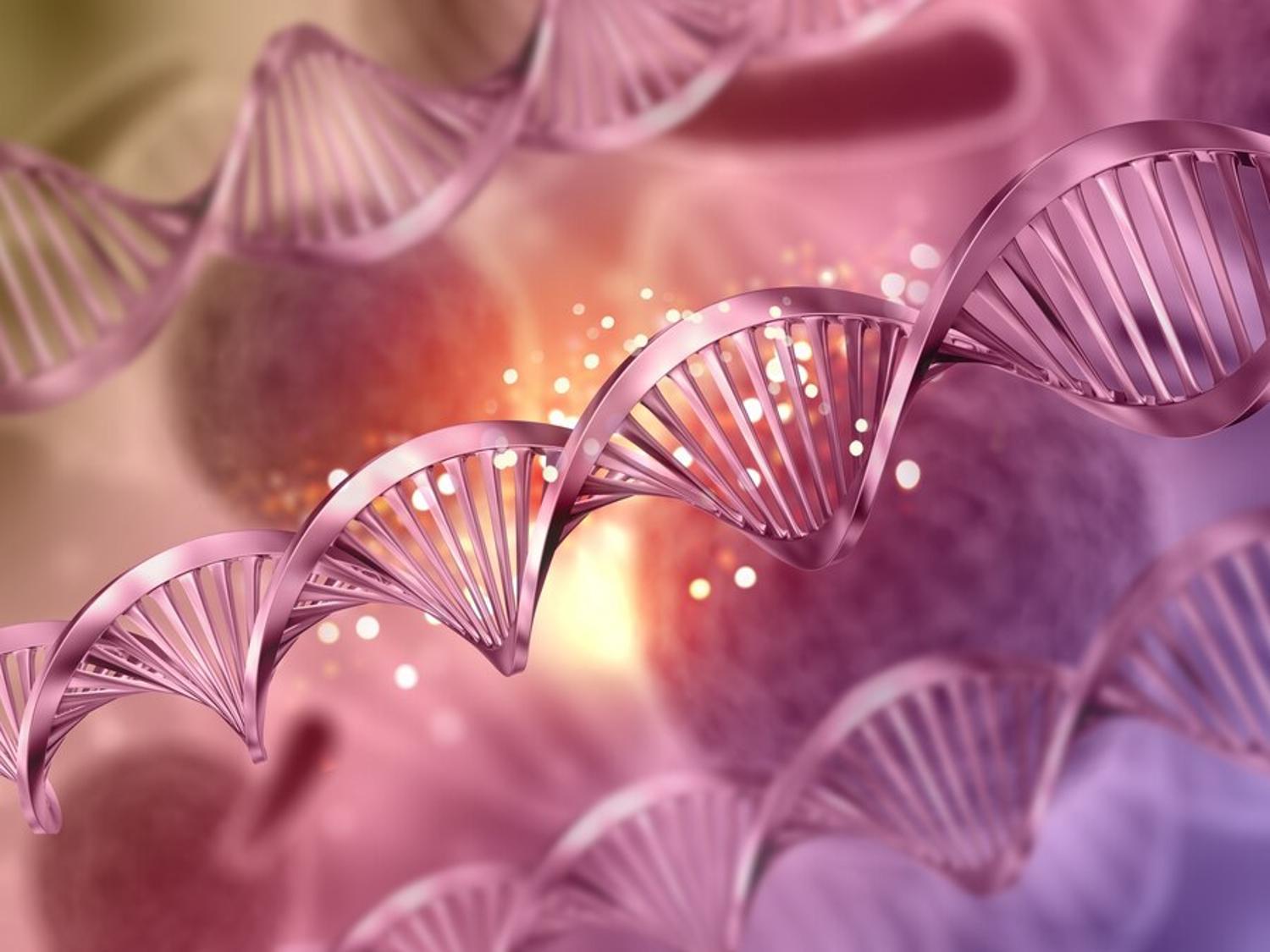
Before discussing the study’s wildly interesting results, it’s first important to understand that aging truly affects everyone a little differently, and genetics play a large role in how we age.
Some gene variations can affect how quickly our bodies break down nutrients and substances, how we handle stress, how we heal from injuries, and even our likelihood of developing certain diseases or conditions later in life.
Lifestyle Choices Also Affect the Aging Process

Additionally, a wide variety of evidence proves that our lifestyle and choices can affect the aging process. For example, people who experience higher stress levels could show signs of aging faster than those who don’t.
Also, an individual’s diet and exercise routine, as well as their alcohol consumption, careers, familial situations, and even personal experiences, can impact how and when they age.
There Is One Age That Sparks the Aging Process

That being said, the study led by Michael Snyder, the chair of genetics at Stanford School of Medicine, proved that all people, regardless of their lifestyle or genetics, start aging on one particular birthday.
After analyzing the data, Snyder and his team found that a shift happens in the body to jumpstart the aging process at precisely 44 years old.
What Happens in the Body at 44 Years Old?
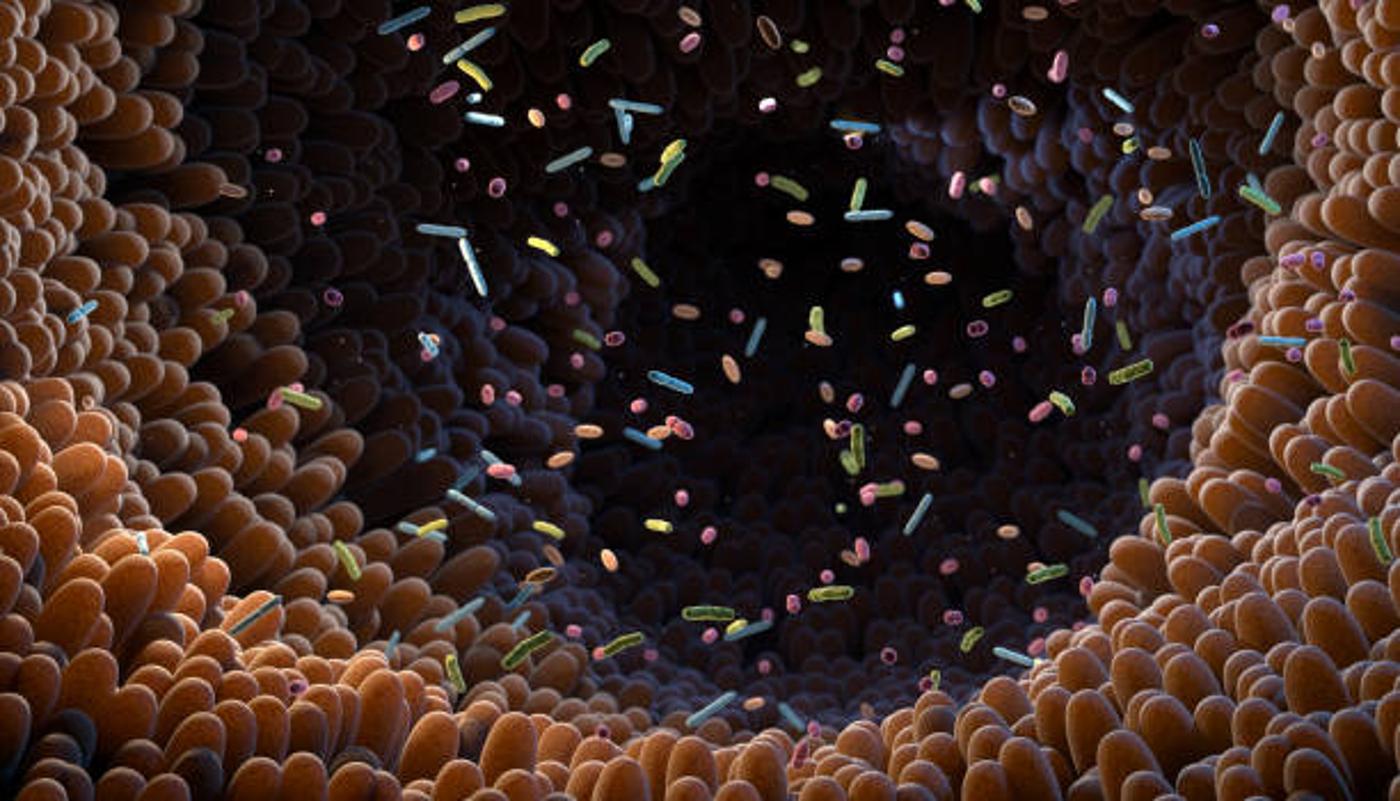
The study, which followed 108 subjects between the ages of 25 and 75, focused on the molecules in the body, including those that make up the microbiome, and noted that 81% didn’t follow a chronological pattern of decline.
Instead, the molecules of the body and the microbiome remained essentially the same until the age of 44, when the researchers saw an immediate and drastic change.
What Is a Microbiome?
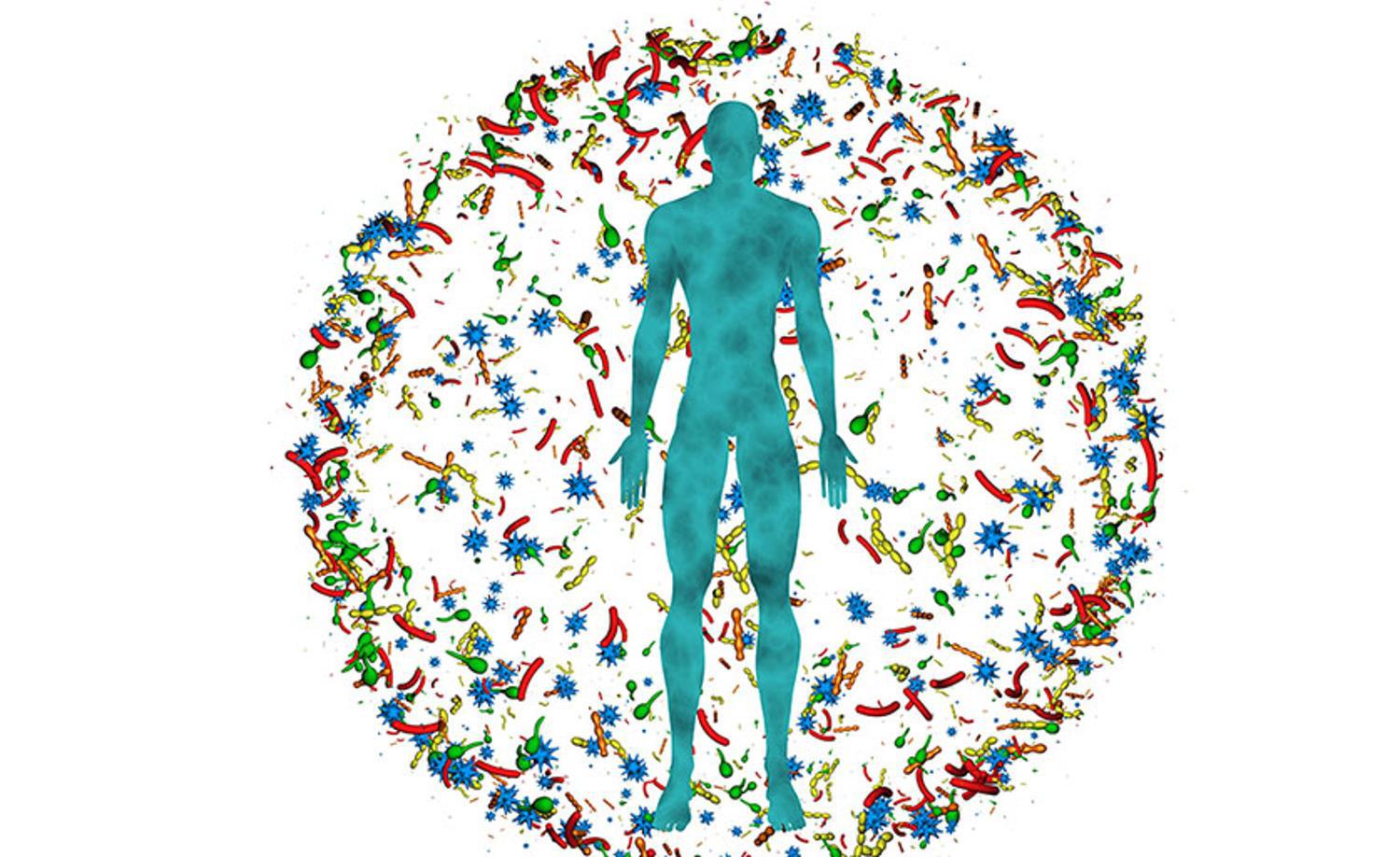
The researchers realized that the substantial shift in the bodies’ molecules occurred mainly within the microbiome. This didn’t particularly surprise them as the microbiome is one of the most important and influential aspects of the human body.
The microbiome is the collection of all microbes, including bacteria, fungi, and viruses, and it affects the entire body’s functioning. In fact, the microbiome is so important that any disruptions can cause incredible physical and mental problems.
Your Microbiome Is Like Your Internal Fingerprint

Although all people have a microbiome, each and every one is different, like an internal fingerprint. Genetics, environment, lifestyle, diet, and even genetics can affect a person’s microbiome, which can be both healthy and unhealthy, depending on the specific body.
But unhealthy microbiomes can cause a plethora of problems, such as digestive issues, mood disorders, and a weakened immune system.
When the Microbiome Changes at 44, it Jumpstarts Aging
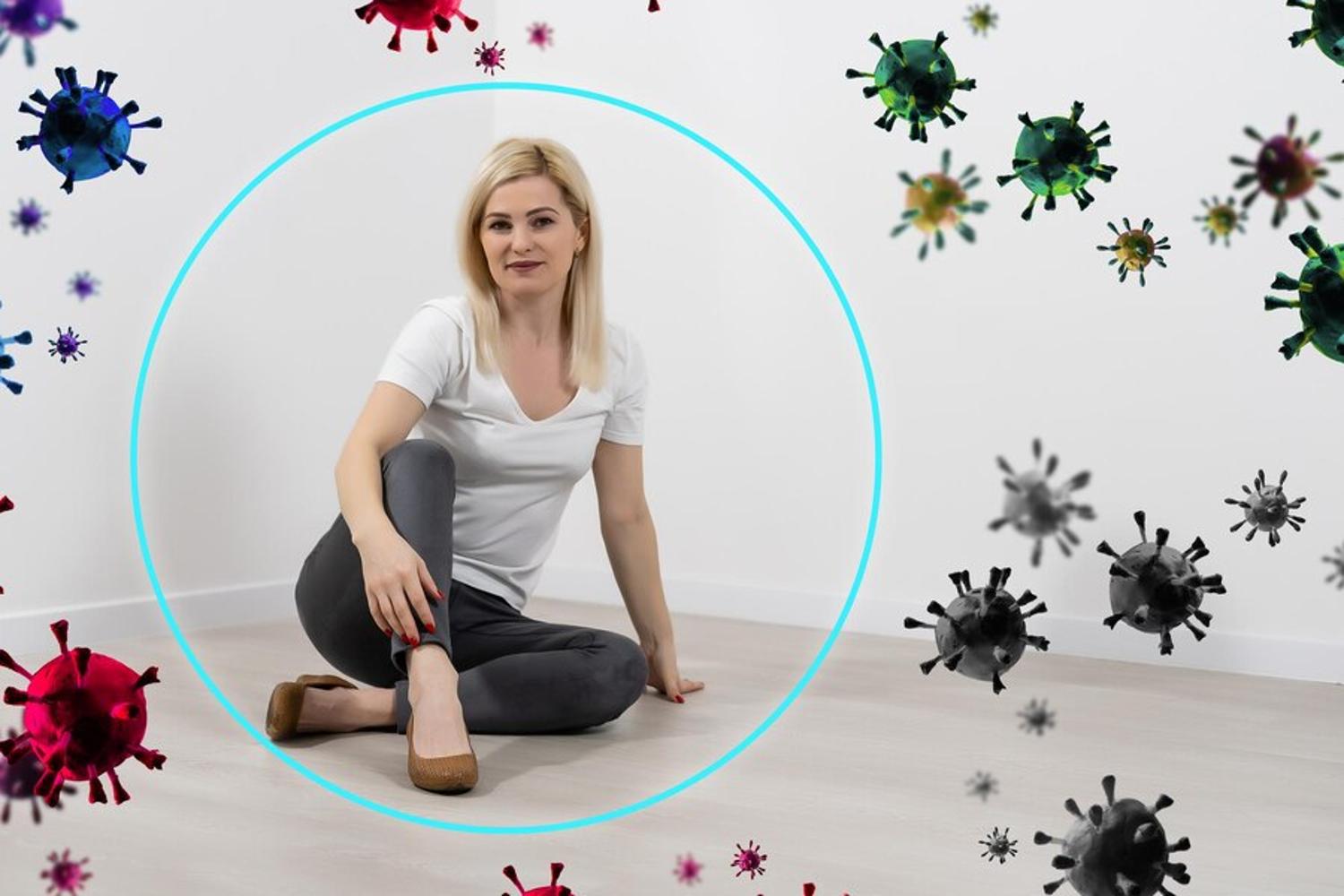
So, when researchers noticed a significant change in the microbiome at the age of 44, they realized that this was the start of the aging process.
With this shift, the body changed how it related to alcohol and caffeine, slowed the metabolism, increased the chance of cardiovascular disease, reduced the efficiency of the immune system, and altered muscle and skin health—all signs of aging.
We Age Overnight Again at Age 60

Snyder and his team also noted another shift in the molecules and microbiome of the body in the bodies of all 60-year-olds.
At that age, the body’s molecules changed how it handled carbohydrates and caffeine, as well as its immune regulation, kidney function, metabolism, skin and muscle health, and cardiovascular system.
There Are Ways to Ensure the Body Continues to Function as We Age
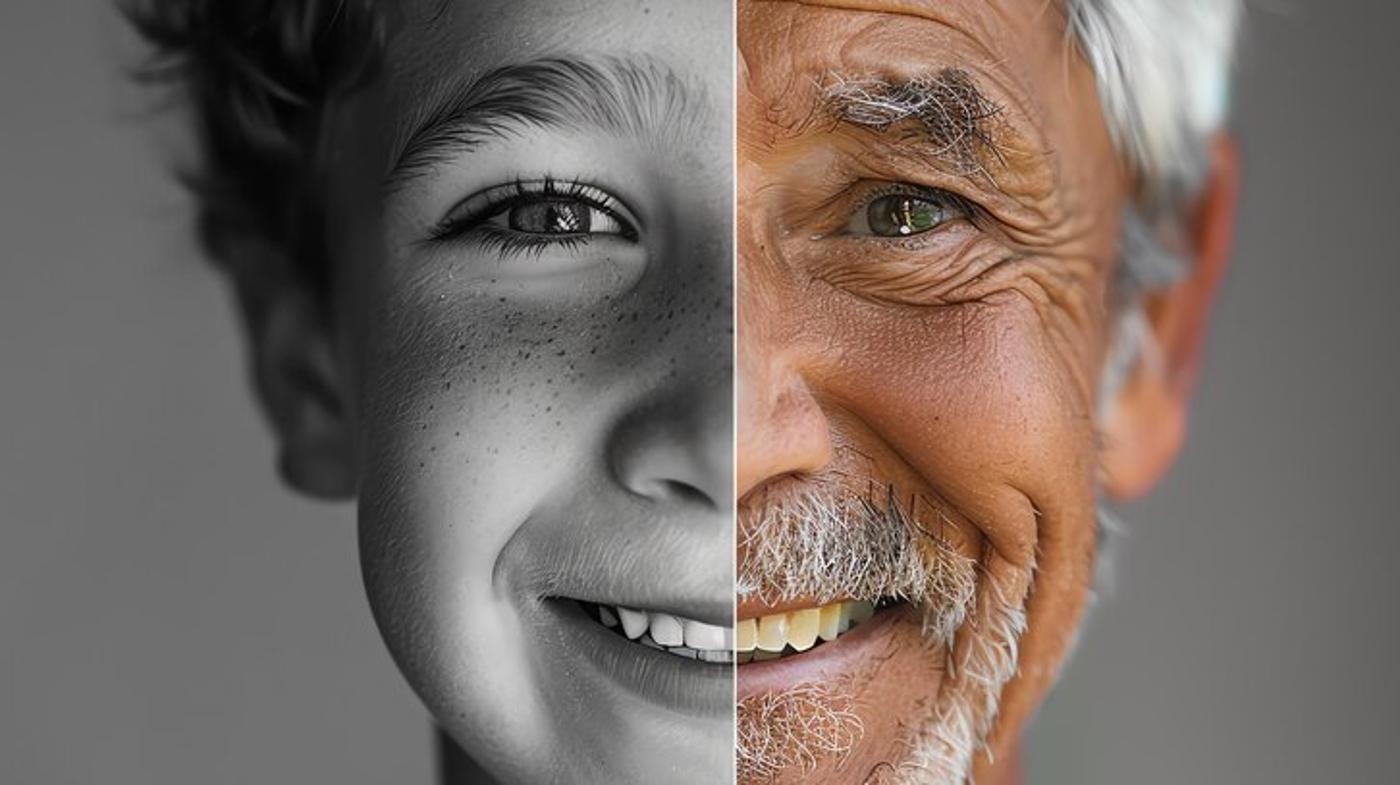
Even though we cannot stop the molecules and microbiome of the body from changing on our 44th and 60th birthdays, there are steps we can take to ensure we remain healthy and happy as we age.
A healthy diet, exercise routine, and avoiding dangerous substances can make a big difference. As Snyder explained, “I’m a big believer that we should try to adjust our lifestyles while we’re still healthy.”
Understanding the Biology of Aging Will Help Us Stay Healthy for Longer

For scientists and medical professionals, understanding the biology of aging will help prevent, treat, and assist people struggling with the side effects of getting older.
But it can even help regular people understand the aging process and their own bodies. The hope is that by learning that their bodies go through two big changes, one at 44 and another at 60, people can take better care of themselves before, during, and after these significant milestones.








































